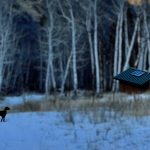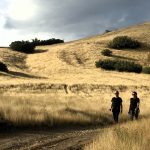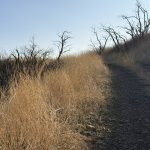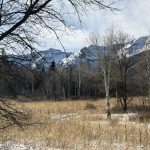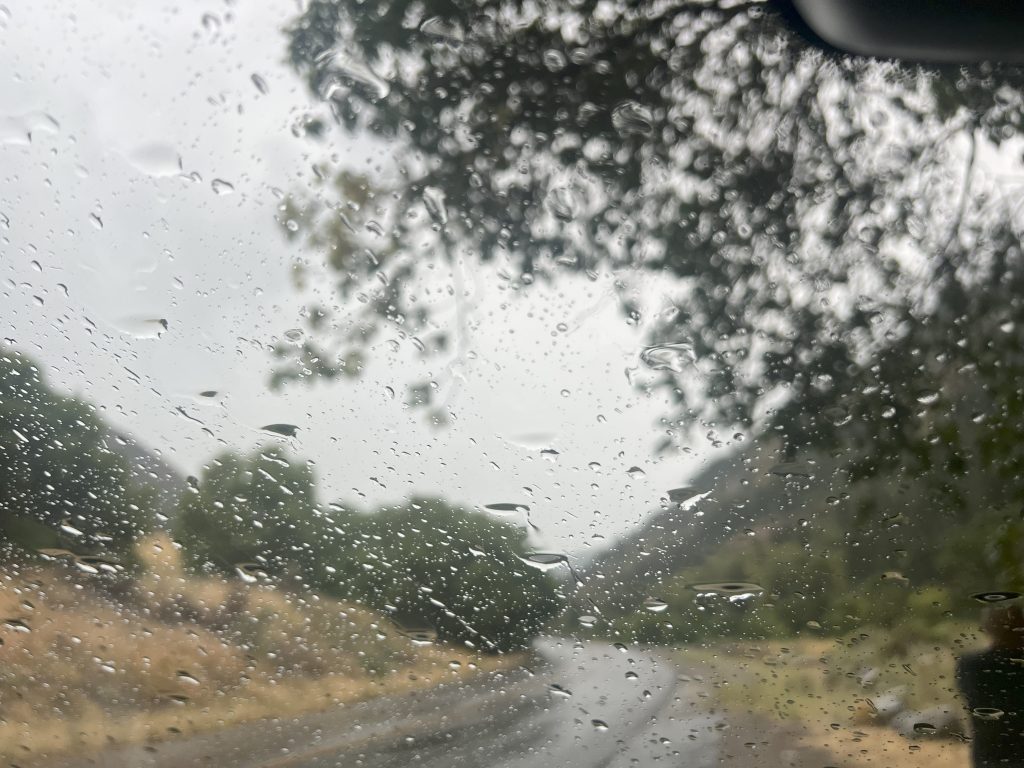
This year, my area went ninety-six days without measurable precipitation. By now, we’d typically have around five inches. Instead, trails turned dusty, poufs of grit rising with each step, working into shoes and socks, coating shins and calves. Grass withered to straw, the foothills crisped, riverbeds shrank to stone. Wildfires broke out and ran unrestrained, some too close to home. Reservoirs shrank at more than five times the usual rate. The land gasped, and so did we.
And then—an ordinary afternoon turned extraordinary. The sky grayed, then darkened, until the first drops began to fall. They carried a peculiar smell that nearly stole my breath. Acrid, almost a taste on the tongue, gone as quickly as it came. Scientists call it petrichor—oils long stored in soil and plants released at the touch of rain. After a long, dry season, that release felt like a sacrament.
Caught in the downpour, I did what I always do: ran for cover. Clothes will dry, but the impulse is primal—we run for cover.
And that phrase stayed with me—run for cover. Why the urgency when it comes to rain, but the hesitation when it comes to my own soul? Why do I resist the truest shelter offered me? The very word atone carries the sense of covering—not to hide, but to wipe away as though the thing never existed. Wash, refresh, brighten, renew.
Under the boughs of a tree, I watched drops gather, slide, and finally fall to earth. The land didn’t sigh aloud in relief, but my heart did.
The storm passed. Trails will dry in a day or two. Streams will run chocolate-brown as they refill reservoirs. Wildfires will take a time-out.
And me? When the clouds move on, will I still run for the truest cover—His cover? Will I remember that what rain does for thirsty ground, grace does for parched hearts?
Both are a sacrament to me—unexpected, undeserved, renewing.


